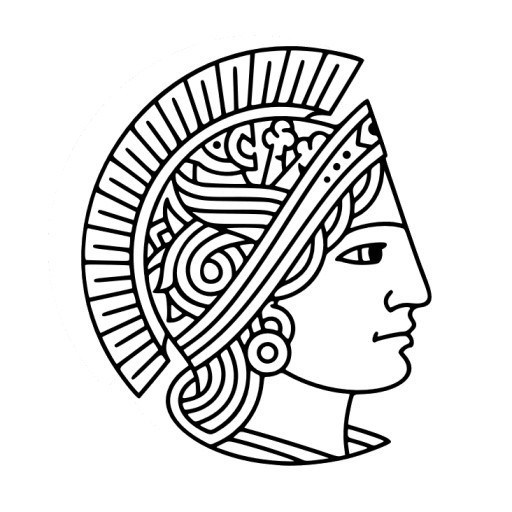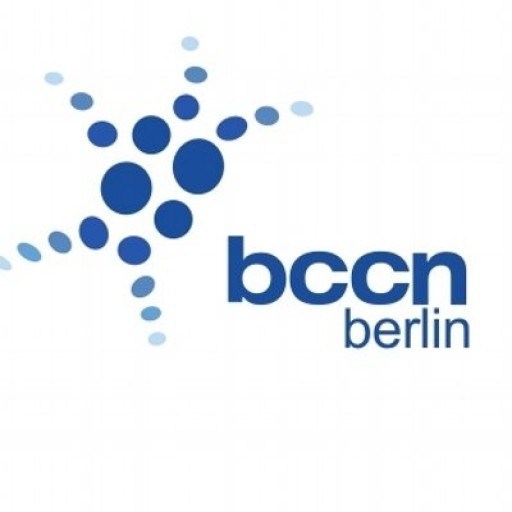Photos of university
The MSc in Mundus Urbano — International Cooperation in Urban Development at the Technical University of Darmstadt is a comprehensive master's program designed to prepare students for professional engagement in the field of sustainable urban development and international cooperation. This program aims to equip graduates with the necessary skills, knowledge, and practical experience to address complex challenges faced by urban regions worldwide, including rapid urbanization, climate change, social inequality, and infrastructural development.
The curriculum combines theoretical foundations with applied practices, covering key topics such as urban planning, development policy, governance, environmental sustainability, social inclusion, and innovative technological solutions for smart cities. Students learn to analyze urban problems from multidisciplinary perspectives and develop strategies for effective cooperation among various stakeholders, including government agencies, international institutions, private companies, and civil society organizations.
A distinctive feature of the program is its international orientation, offering students the opportunity to study in multicultural environments and engage in joint projects with partner universities and organizations across different countries. Emphasis is placed on cross-cultural competence, project management, and research skills, preparing graduates to work in international teams and complex project environments. The program also includes practical internships and fieldwork, allowing students to gain firsthand experience and establish networks within the urban development sector.
Graduates of this program are qualified for roles in urban planning departments, international development agencies, NGOs, consultancy firms, and within local and regional governments. They possess the competence to design, implement, and evaluate urban development projects that promote sustainable growth, social cohesion, and resilience in diverse urban settings. The program also serves as a strong foundation for those wishing to pursue doctoral studies in related disciplines.
Overall, the MSc in Mundus Urbano at Darmstadt offers a rigorous academic journey combined with practical experience, fostering the next generation of experts dedicated to shaping sustainable and inclusive urban futures worldwide.
Educational organisation
The first two semesters of the Master's programme take place at TU Darmstadt. During this time all students are offered foundational courses to create a common basis for discussing current issues.The Master's programme begins with a keystone course which consists of a series of short and intensive modules on actual and recurrent themes in urban development planning - each of them taught by a scholar or practitioner of international recognition in that particular topic. The topical modules are connected by means of a number of cross-cutting lecture series. At the end of the two semesters, students are able to draw up and coordinate multidisciplinary development projects in the international context.
The first year at TU Darmstadt contains four main modules: Urban Planning, Urban Development and Management, Urban Governance and International Cooperation and Project Skills.
Upon successful completion of the first year in TU Darmstadt and depending on students' mobility preference, Mundus Urbano students are admitted to spend the second year of the programme at one of the partner universities in France, Catalonia or Italy. Students in this case are awarded a double degree.
Self-financed and third-party financed students also have the possibility to remain at TU Darmstadt to complete the second year. In this case, successful graduates will receive a Master of Science degree in International Cooperation and Urban Development from TU Darmstadt.
The programme offers the following specialisations for the second year:
1) Technische Universität Darmstadt (TU Darmstadt) - Urban research and practice
2) Universite Pierre Mendes France (UPMF) - Urban planning
3) Universitat Internacional de Catalunya (UIC) - Post disaster response and urban development
3) Università degli Studi Roma Tor Vergata - Development economics
Study abroad unit(s)
During the second year, students undertake an exchange with one of the partner universities in either Barcelona, Grenoble or Rome, in order to achieve a double degree. Students are also encouraged to do an internship abroad.Furthermore, the programme is complemented by several international workshops with our partner universities throughout the academic year.
Internships
An internship is part of the study programme. The management of the programme assists with information and worldwide contacts for internships.Forms of assessment
The overall total of 120 ECTS is to be accumulated during the two-year study cycle, each semester being usually worth 30 ECTS.60 ECTS are awarded by TU Darmstadt during the first year, which consists of 12 modules.
Eight modules are mandatory and four modules consist of elective courses, from which each student can choose their personal focus.
Each module is graded in its own way based on the submission of written essays, group presentations, oral tests or written examinations.
The remaining 60 ECTS are usually awarded by one of the partner universities according to their grading system.
The Master's thesis must be personally presented in a colloquium at the end of the course. The degree will be accompanied with a Diploma Supplement individually listing all successfully completed modules.
Course objectives
Students are prepared to work in international cooperation agencies, municipal planning offices, research institutes and consultancy firms. Among other areas, many alumni are especially involved in international finance, foreign aid, human settlements, slum improvement and infrastructure development.Mundus Urbano provides adequate professional and academic solutions that are required to address the steadily increasing social and economic needs in the field of urban development and international cooperation. In particular, Mundus Urbano tackles the rapid urbanisation process now typical in many developing regions of the world and teaches strategies to prevent or alleviate the problems invariably associated with this process. Innovative strategies are needed because conventional wisdom of town planning has proven to be of little use.
Therefore, professionals are increasingly required to undertake projects internationally in the urban development field. Mundus Urbano builds the capacity to meet the challenges that this type of work presents and prepares both professionals and academics to critically analyse and assess the growing problems in urban areas internationally. Internship opportunities arise during the programme.
Language requirements
Proof of good knowledge of the English language. This can be provided by a TOEFL test (written test 570 points or computer test 213 points or internet-based test 88 points). Alternatively the UNIcert® III is acceptable or the IELTS test has to be taken with an average grade of 6.5 points. Applicants whose native language is English or who completed their previous studies at an English-speaking university need not provide a language certificate.Academic requirements
Successful completion of a university degree(s) equivalent to a minimum of 4-5 years of tertiary-level study. This degree may be in the disciplines architecture, urban and regional planning, geography, sociology, or development studies. Other related disciplines such as law, political science, economics, engineering, journalism and art etc. may be accepted on a case-by-case basis if previous experience shows a close relationship to the focus of the Master's course.Minimum of one year's work experience related to urban development or international co-operation (exemptions only possible under certain circumstances)
Good understanding of the course's objectives and its usefulness for the applicant's personal career (as shown by the CV and in the motivation letter to be submitted by the applicant)
Enrolment fees
The student union fee, including a free local and regional public transport pass and rebates in the student cafeteria, costs about 250 EUR per semester.Costs of living
Living costs are between 600 and 1,000 EUR per month.Job opportunities
A number of teaching assistant positions are available each year in the programme and in the faculty. The university runs its own job centre, but there is no guarantee of employment.Arrival support
The International Office of the TU Darmstadt helps students with preparation and organisation of their stay in Germany, provides information on current events and deadlines for the university and the international network, and offers counselling in the case of problems. More on the following website: http://www.tu-darmstadt.de/international/index.en.jspServices and support for international students
The International Office of the Faculty of Architecture caters to the needs, concerns and well-being of Bachelor's, Master's and PhD students and to international students. The International Office also develops a framework for students to meet and integrate into university life in Darmstadt via various social and informative events.More on the following website: http://www.architektur.tu-darmstadt.de/international/index.de.jsp









